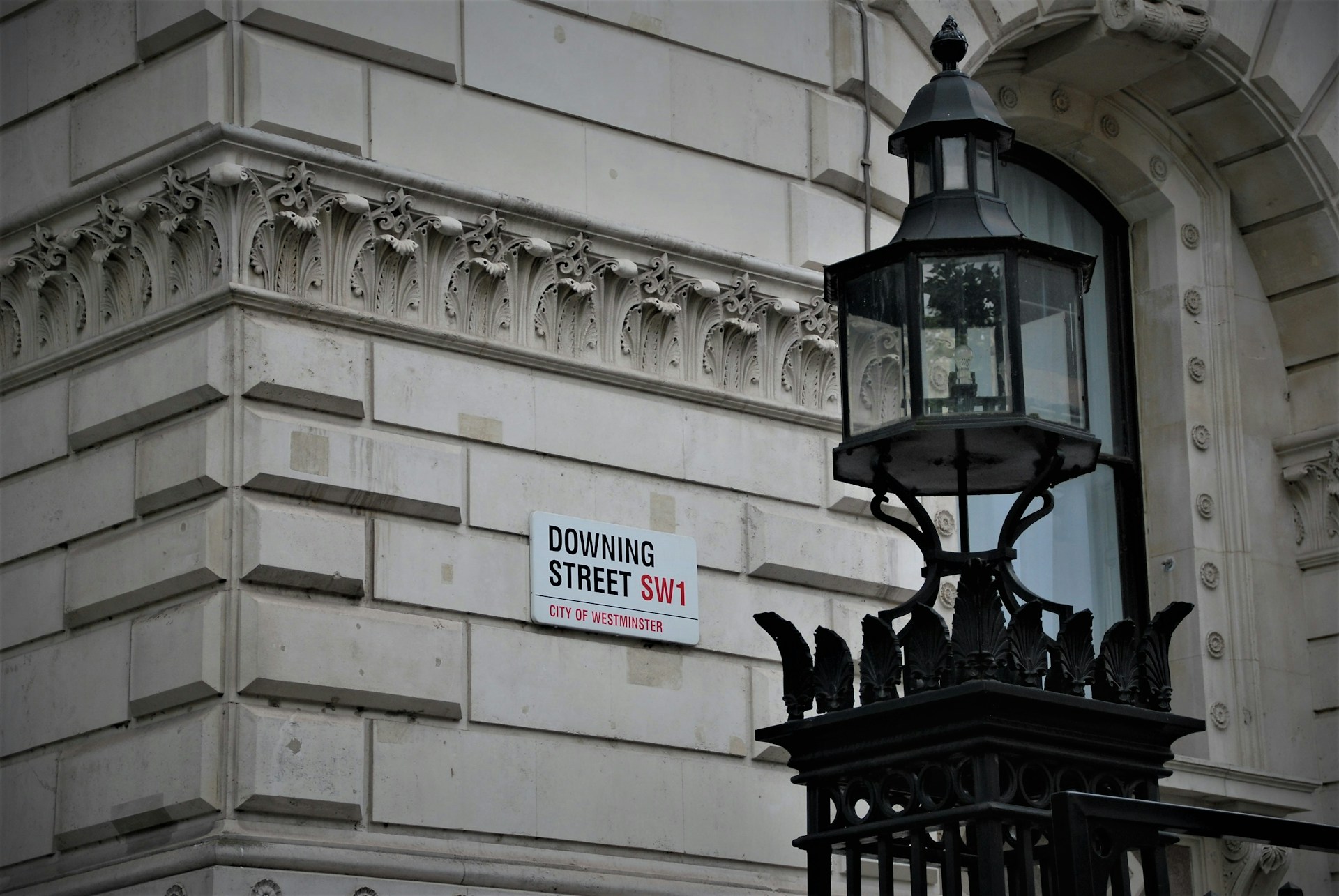Rachel Reeves has delivered the Spring Statement, outlining her plans for government spending and the current state of the economy following the “painful” tax hikes and cuts made during last October’s Budget.
As anticipated by many in the industry, there was no mention of extending the Stamp Duty deadline. This means April 1st will be a challenging day for thousands of home movers and first-time buyers in England and Northern Ireland, who now face an additional £2,500 in stamp duty costs.
Many in the industry had urged the Chancellor to extend the SDLT deadline ahead of today’s announcement. Rightmove, for instance, recently called for a small extension to help buyers currently in the process of purchasing complete without facing an SDLT increase.
Rightmove data indicates that in England alone, nearly 74,000 people are likely to miss Tuesday’s deadline and complete in April, with roughly a quarter of them being first-time buyers who will collectively need to pay £34 million in Stamp Duty. These changes do not affect Scotland and Wales, which have different property taxes.
While most buyers have factored in the stamp duty increase into their financial planning, 21% have not, potentially leaving themselves in financial turmoil if they miss next month’s deadline to complete.
The good news is that agents are forecasting a relatively minor fallout. Although 66% expect an increase in transactions falling through, 51% of these agents anticipate only a minor increase.
Michael Cook, Chief Executive Officer of Leaders Romans Group, stated, “There is undoubtedly a long-overdue need for a comprehensive reassessment of Stamp Duty. Unfortunately, this may have to wait until a future spending review, but in the meantime, I hope the government considers changes to what can be a very damaging tax—one that can cost the Treasury rather than benefit it, considering the unintended consequence of discouraging people from moving up the property ladder.”
Matt Thompson, head of sales at Chestertons, commented, “We have met many first-time buyers who hoped the Chancellor would make a U-turn on stamp duty thresholds in today’s Spring Forecast. As this hasn’t happened, first-time buyers will now need to ensure their budget can cover the cost increase, which may mean compromising on location or type of property. Although the rush of first-time buyers seen earlier this year has slowed down, demand remains strong as mortgage rates are still attractive enough to motivate buyers to get on the property ladder.”
Earlier this year, the news reported an exodus of wealthy individuals from the UK amid the abolition of Non-Dom tax breaks. Although the Chancellor decided to soften those changes, it had already alienated a demographic key to the UK’s long-term economic growth. We are pleased that Rachel Reeves has taken the backlash into consideration and decided not to introduce a mansion tax for the time being, which could see some high-net-worth individuals deciding to stay or return to the UK.
Rachel Springall from Moneyfactscompare said, “Time is ticking down for borrowers to finalize their property purchase to take advantage of the Stamp Duty Land Tax discount. The nil-rate tax threshold up to £250,000 will drop to £125,000, and the First-Time Buyer’s Relief nil-rate tax threshold of up to £425,000 will drop back down to £300,000. These reliefs were set to end, but there have been repeated calls for a further extension to boost the housing market. This means buyers who miss the deadline will need to ensure they have decent savings to pay the SDLT, so mortgages that help borrowers save on the upfront cost of their deal or offer a generous cashback payment could be more attractive.”
Colleen Babcock from Rightmove expressed disappointment that the government did not use the Spring Statement to extend the impending Stamp Duty deadline for those currently going through the home-moving process. “We estimate over 70,000 buyers will miss the deadline and complete in April instead, with a third of those being first-time buyers. Given the current challenges faced by first-time buyers, our data shows that a typical first-time buyer in Britain now faces average monthly mortgage payments of £940, a 59% increase compared with £590 per month five years ago. Over that same period, rents have increased by 40% across Great Britain. So, while we welcome the government’s focus and investment to help build more affordable homes, we’re keen to hear more about how this, or other incentives, can help more first-time buyers.”
Iain McKenzie, CEO of The Guild of Property Professionals, commented, “We need more than just planning reforms to truly unlock the potential of the property sector. Stamp duty reform, mortgage accessibility, and targeted incentives for buyers and sellers must all be on the agenda if we are to create a sustainable and thriving housing market that benefits both individuals and the economy as a whole.”









